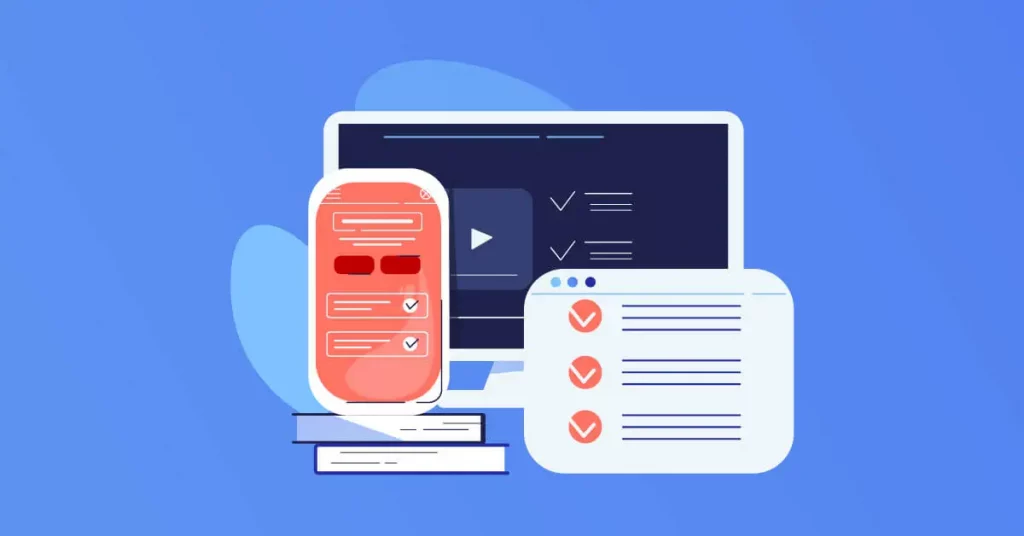Thank you for visiting my blog on “10 website optimization tips for better SEO.” A well-optimized website is essential for organizations and people wishing to increase their online exposure and reach today. You can increase interaction, draw in more organic visitors, and eventually accomplish your online objectives by optimizing your website for SEO. In this blog, I’ll give you 10 seo tips for improving your website’s SEO performance in 2023.
Introduction
Improving your website’s visibility and ranking on search engine results pages (SERPs) is called search engine optimization, or SEO. Having a well-optimized website is crucial since it will help you enhance engagement, draw in more organic visitors, and eventually accomplish your online objectives. The benefits of having a website that is well-optimized include the following:
- Increased visibility and reach
- Higher organic traffic
- Increased engagement and conversions
- Improved user experience
- Enhanced brand awareness
Conducting Keyword Research
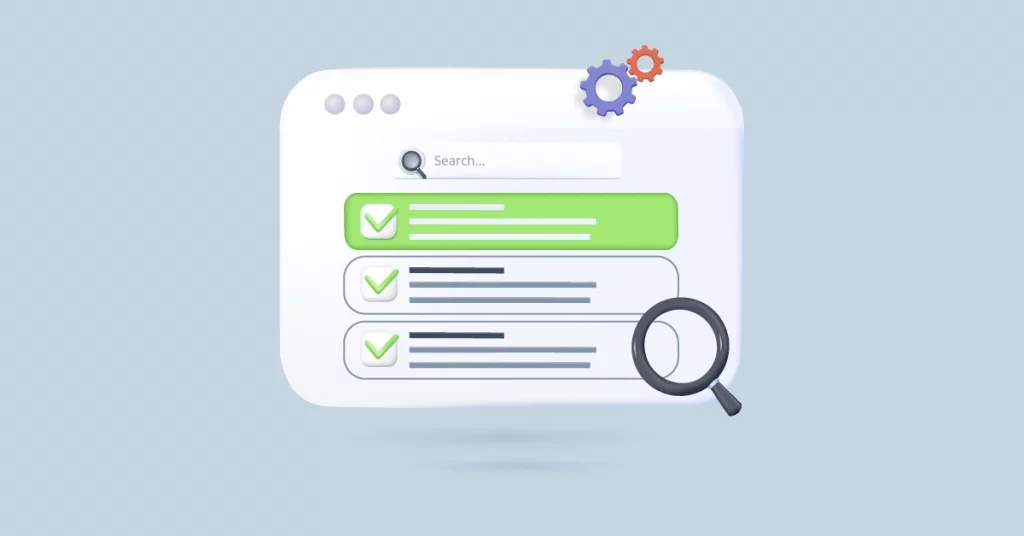
The process of SEO-optimizing your website begins with keyword research. It assists you in determining the terms and phrases your target market uses to look up goods and services associated with your company. The following advice can help you undertake efficient keyword research:
- Identify the themes and topics that are pertinent to your business.
- To find suitable keywords and phrases, use keyword research tools.
- Examine each keyword’s search volume, competition, and relevancy.
- Focus on long-tail keywords that have lower competition but higher relevance.
- Use variations of your keywords and phrases to avoid keyword stuffing.
Google Keyword Planner, Ahrefs, SEMrush, and Moz Keyword Explorer are helpful tools for keyword research.
Optimizing Title Tags and Meta Descriptions

The on-page SEO components title tags and meta descriptions are crucial. They aid in both search engine and human comprehension of your page’s content. Here are some pointers for making title tags and meta descriptions more effective:
- Keep the title tag under 60 characters and the meta description under 155 characters.
- Include your primary keyword in the title tag and meta description.
- Write a compelling and descriptive title tag and meta description.
- Avoid duplicating title tags and meta descriptions across your website.
- Use power words and action-oriented language to increase click-through rates.
Creating High-Quality Content
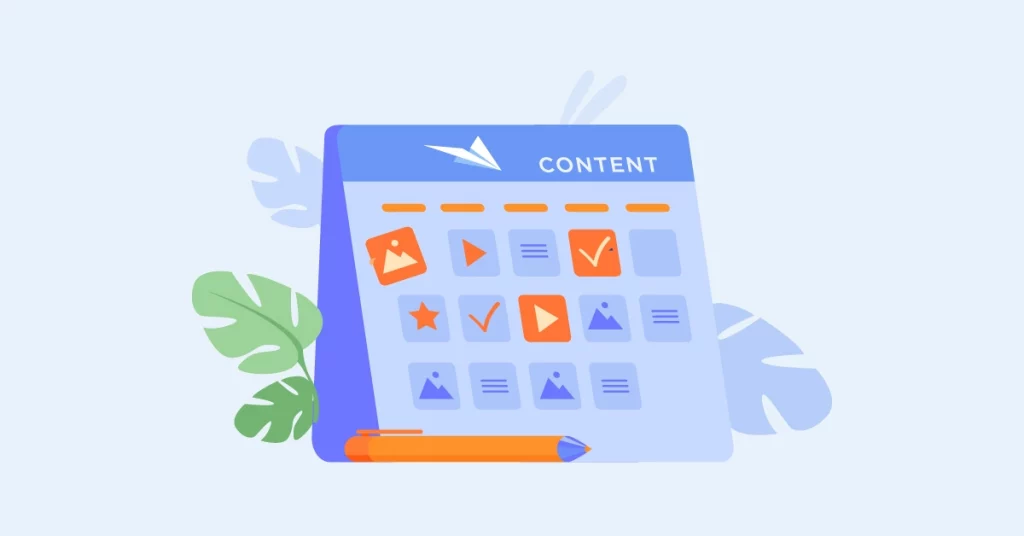
One of the most crucial elements in SEO-optimizing your website is producing high-quality content. It aids in boosting engagement, enhancing your internet reputation, and bringing in more organic visitors. Here are some pointers for producing top-notch content:
- Don’t forget to add value for your targeted audience.
- Write long-form content that is informative, engaging, and well-structured.
- Use relevant keywords and phrases throughout your content.
- Include multimedia elements such as images and videos to increase engagement.
- Use internal and external links to improve your website’s authority and credibility.
Grammarly, Yoast SEO, Hemingway Editor, and Google Docs are helpful applications for article production and optimization.
Optimizing Images and Videos
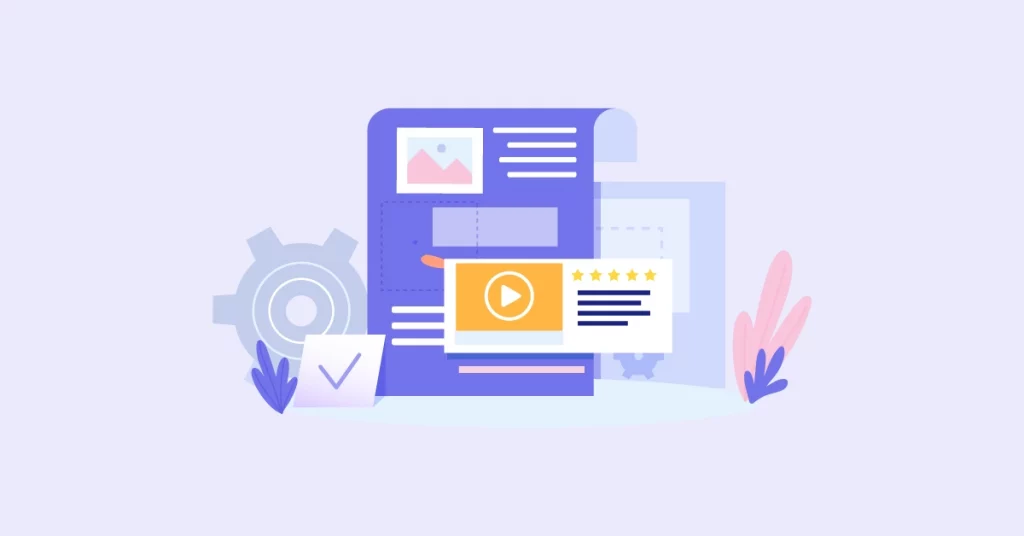
An important component of on-page SEO is optimizing pictures and videos. It aids in enhancing user experience, search engine visibility, and website loading speed. Following are some suggestions for improving photos and videos:
- Compress images and videos to reduce their file size and improve loading speed.
- Use descriptive file names and alt tags to help search engines and users understand the content of your media.
- Use relevant keywords and phrases in your file names and alt tags.
- Use a sitemap to help search engines crawl and index your media files.
- Host your media files on a reliable and fast server.
Kraken.io, Cloudinary, Wistia, and Vimeo are helpful applications for optimizing images and videos.
Improving Website Speed and Performance
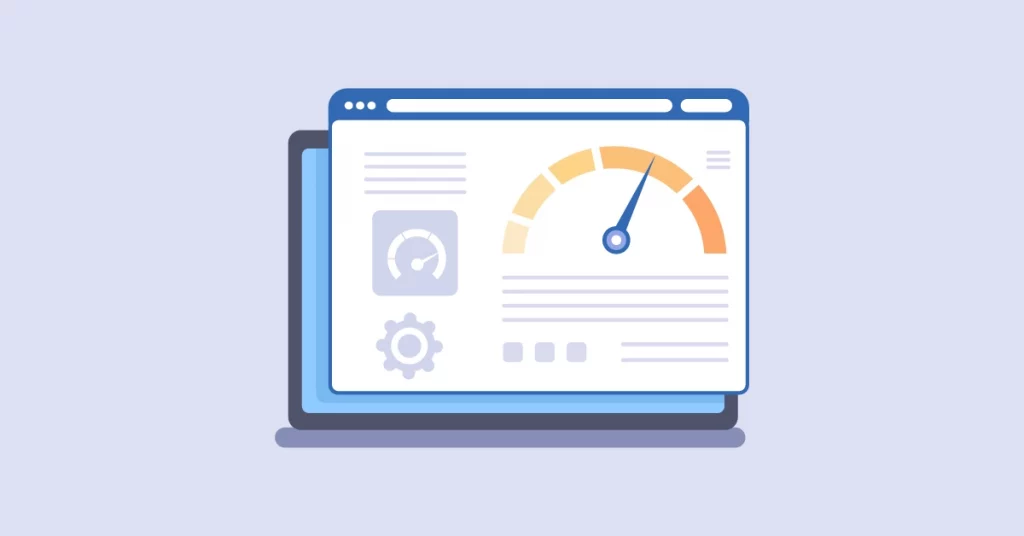
User experience and SEO ranking are directly impacted by your website’s performance and speed. Poor website speed and lengthy page load times can lower user engagement, raise bounce rates, and degrade your website’s search engine rating. For a higher SEO ranking, it is crucial to optimize the speed and functionality of your website.
Here are some website optimization tips for enhancing performance and speed:
Optimize images and videos: Large image and video files may significantly slow down your website. It’s essential to compress them without sacrificing quality in order to optimize them.
Use a content delivery network (CDN): Using a CDN can significantly speed up the loading times of your website, especially for users who are located far from your server.
Minimize HTTP requests: An HTTP request is created each time a user loads a page, which could slow down your website. It’s essential to decrease the number of HTTP requests.
Optimize your website’s code: To make your page load faster, eliminate superfluous characters, spaces, and comments from the code. Utilize tools like Minify Code to automatically optimize your code.
Choose a reliable hosting provider: With a reliable host, your website’s performance and speed can be greatly improved. Select a hosting provider that offers quick server speeds, regular backups, and security measures to ensure that your website operates properly.
Useful tools for website speed optimization:
Google PageSpeed Insights: A free Google tool that assesses your website’s usability and provides suggestions for improvement.
GTmetrix: A tool that delivers a complete analysis of your website’s performance and offers suggestions for improvement.
Pingdom: An application that monitors the functionality and uptime of your website and alerts you when any issues need to be resolved.
Making Your Website Mobile-Friendly

In 2021, mobile devices accounted for more than half of all website traffic globally. Therefore, for better SEO ranking, having a mobile-friendly website is crucial. A website that is optimized for mobile devices offers a smooth user experience and can increase user engagement and conversion rates.
Here are some seo tips for making your website mobile-friendly:
Use a responsive design: The layout of your website will automatically adapt to multiple screen sizes if it has a responsive design, making it simpler to use on mobile devices.
Use large font sizes: To make the content of your website easy to read on mobile devices, use large font sizes.
Use mobile-friendly features: Use mobile-friendly elements to make it simpler for users to connect with your website on mobile devices, such as touch-friendly buttons, streamlined navigation, and clickable phone numbers.
Ensure fast loading times: Mobile consumers anticipate quick load speeds. Therefore, as mentioned in point 1, it’s crucial to optimize the speed and functionality of your website.
Useful tools for mobile optimization:
Google Mobile-Friendly Test: A free Google tool that evaluates the mobile-friendliness of your website and offers recommendations for improvement.
MobileTest.me: A tool that enables you to see how your website looks on various mobile devices.
BrowserStack: A tool that enables you to examine how your website works and looks on various mobile devices and browsers.
Building High-Quality Backlinks
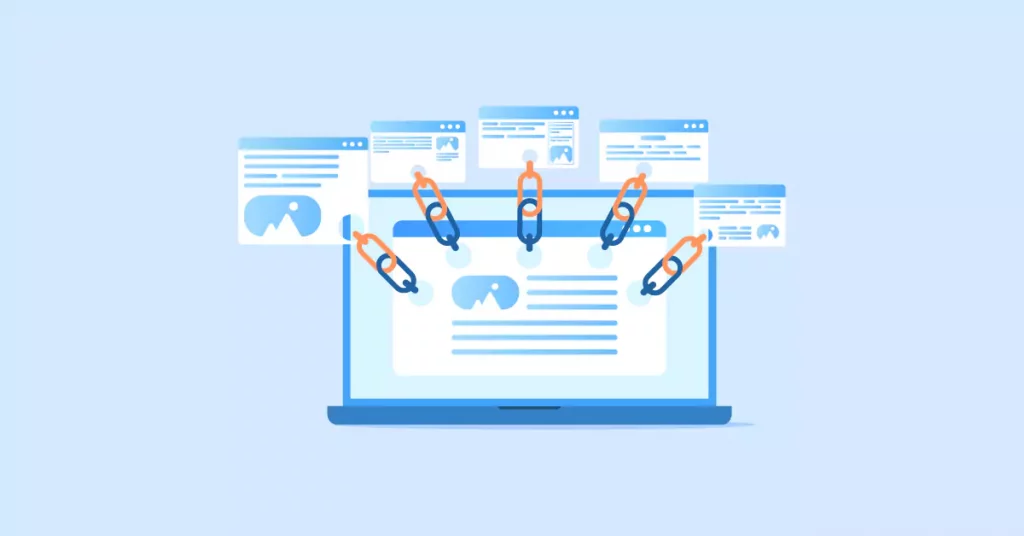
Backlinks are connections to your website made by other websites. The creation of high-quality backlinks is crucial to SEO because they tell search engines that your website is reliable and pertinent. Instead of just creating a large number of links, it’s crucial to concentrate on creating high-quality backlinks.
Guest blogging: Building backlinks to your website is possible by creating excellent content for other blogs in your sector. Include a link to your website in the bio or the content of any guest posts you make.
Broken link building: Finding broken links on other websites and offering to fix them with a link to your website are both necessary steps in this process. Although it takes time and effort, this method can be useful for creating high-quality backlinks.
Skyscraper technique: Finding popular information in your sector and improving it to make it more complete is how to do this. After that, contact the websites that link to the original content and request that they do so instead with links to your updated content.
Participating in industry forums and communities: You can build your knowledge and credibility by participating in discussions in forums and communities for your industry and earning backlinks from other participants.
Useful tools for backlink analysis and tracking:
Ahrefs: Ahrefs is a well-liked backlink analysis tool with features like competitor analysis, keyword research, and backlink tracking.
Moz Link Explorer: You can find chances for link development and monitor your progress with Moz’s Link Explorer, a tool for backlink analysis.
SEMrush: SEMrush is a thorough SEO tool that includes functions like competitor analysis, keyword research, and backlink analysis.
Using Social Media for SEO
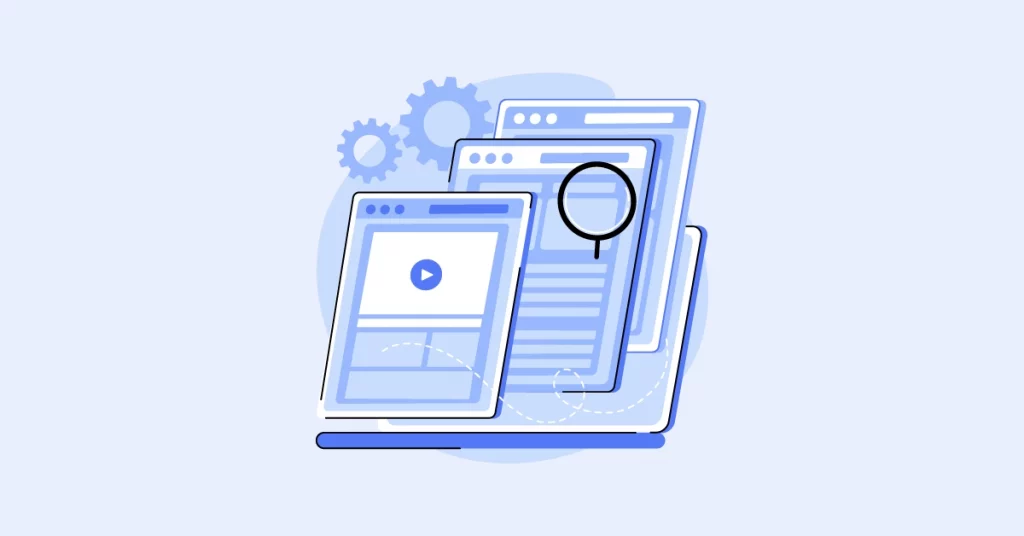
Due to its ability to help you interact with your audience and increase website traffic, social media can be a useful SEO tool. Your search engine results can be raised by optimizing your social media profiles and posting material related to your website.
Optimize your social media profiles: A link to your website should be included in all of your social media profiles, which should also be updated.
Share quality content: Regularly distribute high-quality content that benefits your audience and contains backlinks to your website.
Engage with your audience: Respond to messages and comments from your audience, and take part in discussions about your sector.
Use relevant hashtags: To broaden your audience and make it simpler for others to find your material, use pertinent hashtags.
Useful tools for social media optimization:
Hootsuite: Hootsuite is a platform for managing social media that enables you to schedule posts in advance and manage various social media profiles.
Buffer: Buffer is an additional well-liked social media management application that enables you to schedule posts and track your online activity.
Canva: You may make aesthetically appealing social media posts and graphics with Canva, a graphic design tool.
Analyzing and Monitoring Your Website’s Performance
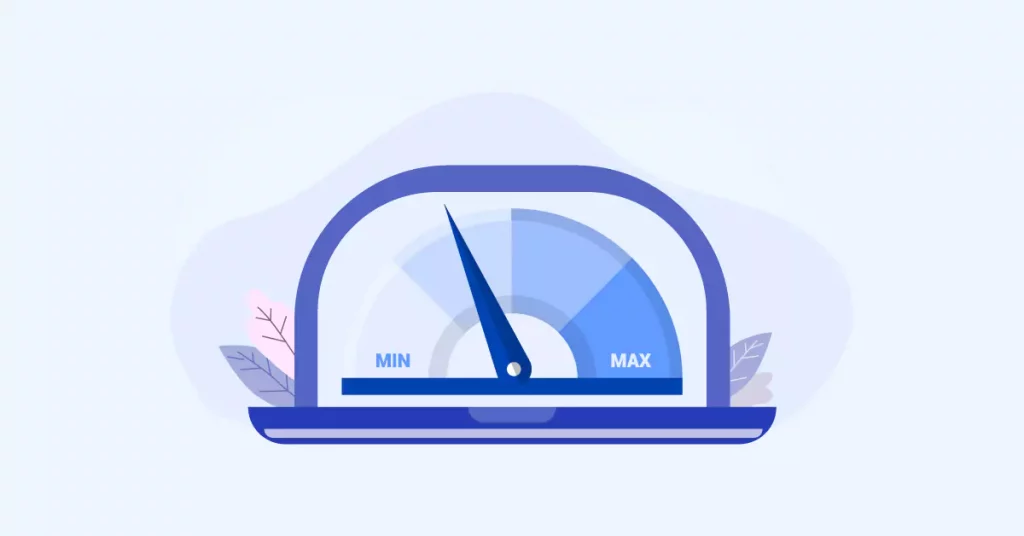
To ascertain whether your SEO efforts are successful, it is crucial to analyze and track the performance of your website. You can find areas that require work and decide how to optimize your website by frequently examining the analytics for your website. Here are some pointers for evaluating and keeping track of the performance of your website:
Set up Google Analytics: Google Analytics is a free online analytics tool that is used to monitor and report on website traffic. It provides valuable information about your website’s performance, such as visitor volume, bounce rate, and conversion rate. By adding Google Analytics to your website, you can keep track of your progress and make informed decisions.
Monitor your website’s speed: As was already mentioned, a crucial component of SEO is website speed. Frequently examine your website’s speed with tools like Google PageSpeed Insights and GTmetrix. These tools provide advice on how to improve the functionality and speed of your website.
Check for broken links: Broken links can negatively impact your website’s user experience and SEO. Check for broken links frequently using tools like Broken Link Checker, and fix them as soon as you find them.
Monitor your website’s search engine ranking: To keep track of where your website stands in the search results for your desired keywords, use tools like Ahrefs and SEMrush. Keep an eye on your website’s ranking and make any necessary adjustments to see if your SEO efforts are having an effect.
Stay up-to-date with Google algorithm updates: Google constantly modifies its search algorithm, which may have an impact on how well your website performs. Keep up with Google’s algorithm updates and make any necessary adjustments to your website.
Useful tools for website analytics and monitoring:
Google Analytics: A Google tool that provides free web analytics.
Ahrefs: A complete SEO tool with features including backlink analysis, keyword research, and site audit.
SEMrush: A well-known SEO tool that offers thorough site audits, keyword research, and rival analysis.
Google Search Console: A free tool provided by Google that aids in keeping track of how well your website performs in search results.
GTmetrix: A program for improving the performance and speed of websites.
Broken Link Checker: A free program that scans your website for broken links.
Conclusion
To summarize, SEO-optimizing your website is essential for increasing its visibility in search results and drawing in more natural traffic. You may improve your website’s SEO ranking in 2023 by using these website optimization tips provided in this article. It’s important to remember to conduct in-depth keyword research, optimize your title tags and meta descriptions, produce high-quality content, optimize your images and videos, increase your website’s speed and performance, make it mobile-friendly, create high-quality backlinks, use social media for SEO, and regularly analyze and track its performance. To increase the effectiveness of your SEO efforts, don’t forget to employ the helpful tools described in this article.
FAQS
What is SEO, and how does it work?
Search Engine Optimization,” sometimes known as SEO, is the process of raising a website or web page’s visibility and ranking in a search engine’s organic (or unpaid) search results, such as Google, Bing, or Yahoo.
For each search query, search engines use sophisticated algorithms to choose which pages to display. A variety of tactics and strategies are used in SEO to make a website more visible and higher-ranking in search results by aiding search engines in understanding its content and relevance.
The SEO of a website is influenced by a variety of factors, including:
Keyword research, On-page optimization, Link building, Technical optimization, Content creation
What are your top SEO recommendations?
The greatest SEO strategy will rely on the particular requirements and objectives of your website because there are numerous aspects that play into a website’s SEO. However, the following suggestions are general ones that can help any website’s SEO:
- Conduct thorough keyword research
- Optimize on-page elements
- Make your website mobile-friendly
- Improve website speed
- Build quality backlinks
- Use social media
- Analyze and track your results
Remember that SEO is continuous, and results do not appear immediately. To ensure long-term success, work constantly to improve your website’s content, user experience, and search engine exposure.
Why is website optimization important for better SEO?
Optimizing a website is important for better SEO because it helps search engines understand and ranks your website accurately. Here are a few reasons why:
Improved visibility, Increased traffic, Better user experience, Increased credibility, Competitive advantage
How to improve SEO for small businesses?
A plan concentrating on raising exposure and bringing relevant traffic to the website is needed to improve SEO for a small business. You can take the following actions to enhance SEO for your small business:
Conduct keyword research, Optimize on-page elements, Make your website mobile-friendly, Improve website speed, Build quality backlinks, Use social media, Focus on local SEO, Analyze and track your results
Remember, improving SEO for a small business takes time and effort. Still, by focusing on these SEO strategies, you can increase your website’s visibility and drive more relevant traffic to your business.
Why is SEO important for small businesses?
Small businesses should invest in SEO because it can increase their exposure in search engine results, increase the number of relevant website visitors, and position them as a reliable source of information for their sector.
How long does it take to see results from SEO efforts?
The time it takes to see benefits from SEO work might range from weeks to months. It depends on elements like how fiercely competitive your sector is, how well-designed your website is, and how well your SEO approach works.
What is the cost of SEO services for small businesses?
The price of SEO services for small businesses varies according to the project’s complexity and the provider’s experience level. While some service providers have a flat rate, others might bill by the hour or take a monthly retainer. Researching and picking a service that matches your needs in terms of price and scope is crucial.

